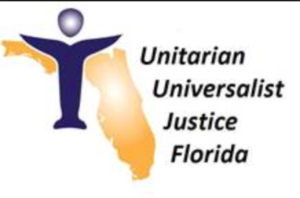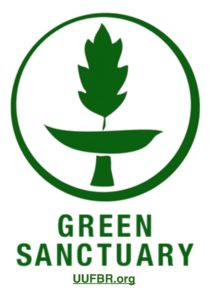Meeting 2: Proposed Agenda
Attendees: Leaders from all involved Organizations and people they invite
- Introductions
- Discussion of Objectives of each Partner present
- Consensus on Working Together: Campaign Design (Neighborhood canvass?Tabling at scheduled events? Town Hall event? Stipends to canvassers*? Stipends to households*? Combination of approaches*? T-shirts for canvassers and table staffers? Name tags? Clipboards? Folders? Which printed materials? Etc.)
- Budget: Decide who will be paid, on what schedule and in what quantity. Identify any need for stipends.
- Next Steps:
– Create job descriptions consistent with the campaign design
– Print sufficient Climate and Health Information Sheets (2-sided Outreach Form) for Training Session 1.
– Outreach Leaders recruit Outreach Communicators for Training Session 1 from within the community.
– Give the materials to the Outreach Leaders, who will distribute them to the Outreach Communicators at Training Session 1.
*Regarding Stipends
The deliberative dialogue needed to determine who will be paid stipends, and in what amounts, builds community capacity. The budget available for stipends should be presented at the meeting along with the tracking forms. Whoever will be documenting expenses to a granting organization or to a board of a non-profit should present the tracking forms and how the receipts and tracking forms will be submitted.
Community members need to decide who should be paid, in what amounts, on what schedule, and for what tasks. This is a discussion that will bring community values to the forefront of the discussion. Rising Together communities have expressed all of the rationales listed below for the stipend programs they create:
- People who fill out the surveys should be given stipends to show that we value their opinion.
- Everyone who participates on the Outreach Team should be given a stipend from their Outreach Team Leader when they complete training to show that the training is important and the Outreach Team Leader knows the team member completed the training successfully.
- Everyone on the Outreach Team should get the same stipend amount when the team reaches its goal, because working as a team is supported that way, and we want to build community.
- People on the Outreach Team should be paid stipend amounts according to how many surveys they collect because work should be rewarded with money.
- The Outreach Team Leaders should get more money because they are taking on the responsibility to collect all of the surveys and tracking forms, and they are responsible for tracking the stipend money. It’s like a job so they should get more money.
- We are all members of this church/non-profit, and we want all the money to go to the church/non-profit because it makes it stronger.
Rising Together community based groups that have reached consensus on a stipend system based on their values during these early meetings have never had disagreements about the budget later in the process.
This website is maintained by the Unitarian Universalist Justice Florida’s Climate Resilience Ministry. It was established by the Green Sanctuary Committee of the Unitarian Universalist Fellowship of Boca Raton. The community pilot projects, on which the Community Toolkit was based, were undertaken in partnership with Developing Interracial Social Change (DISC) and Habitat for Humanity in Boca Raton, Florida; and Toussaint L’Ouverture High School for Arts and Social Justice in Delray Beach, Florida. Project Director for that effort was Janice T. Booher, MS. Pilot Project Manager Phase I was Dr. Ana Puszkin-Chevlin. Pilot Project Manager Phase II was Debra Weiss-Randall, Ed. D, CHES.
- This project is funded in part by the Unitarian Universalist Fund for Social Responsibility.
- Funding for this project was provided by the Unitarian Universalist Fellowship of Boca Raton Endowment Fund.
- Funding for the project in Shorecrest, Miami with the Community Health Mapping Initiative is provided by the National Library of Medicine/NIH.
- Development of the ReACT Tool Kit and the Pilot Projects were funded by EPA Environmental Justice Grant #EQ-00D35415-0 awarded to the Green Sanctuary Committee of the Unitarian Universalist Fellowship of Boca Raton.
Website designed and maintained by Janice T. Booher


